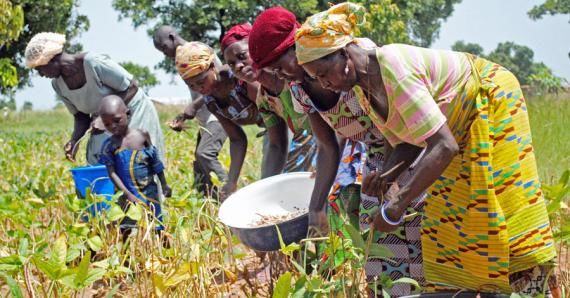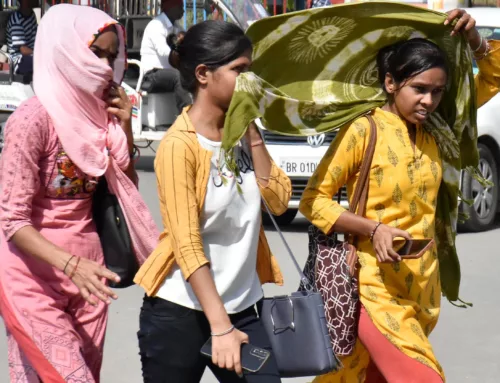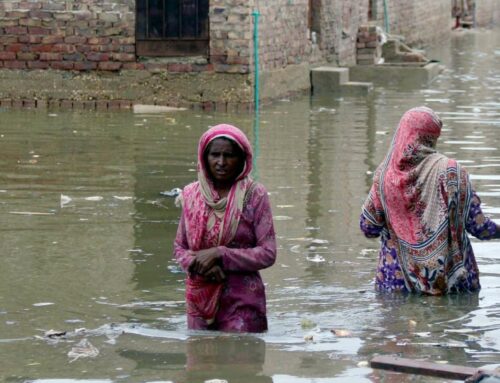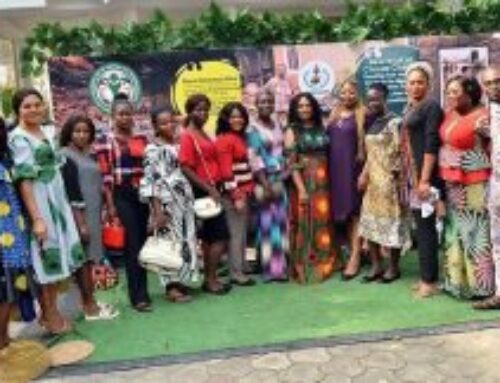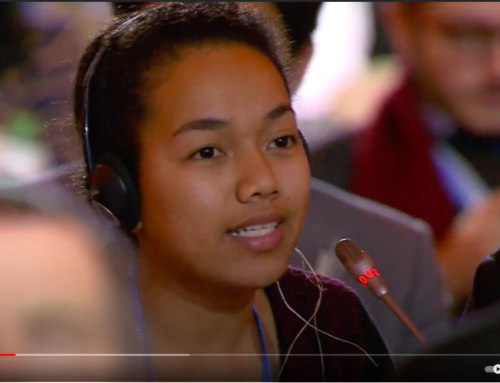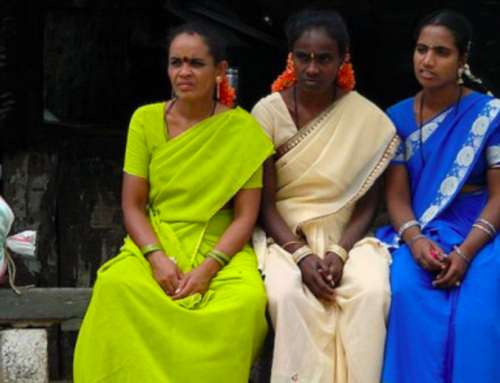Women and girls in communities from Mozambique to Bolivia are more vulnerable than their male counterparts to the impacts of climate change in many aspects, from food security to health and education. However, women are also taking action to combat climate change, benefiting from initiatives such as a water access campaign launched by the Self Employed Women’s Association in Gujarat, India, and farming associations in Mozambique that place collective responsibility on finding solutions to climate disasters, such as planting drought-resistant species of rice, corn, and cassava. Photo credit: Elisa Walton/USAID


